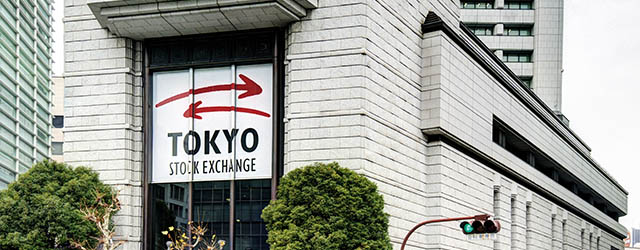Japanese corporate culture, long considered one of the least shareholder-friendly among developed nations, may be softening up, with a little nudge from prime minister Shinzo Abe.

The nation’s first-ever corporate governance code went into effect June 1, requiring companies to appoint outside directors and laying out a host of other measures aimed at giving shareholders a voice. The idea is to rein in the paralyzing cronyism and caution that has dragged down corporate productivity and profits. The tendency of Japanese companies to sit on piles of cash, instead of investing to expand their business or make acquisitions, has resulted in very low return on equity, and once-dominant titans like Sony and Sharp have ceded their crowns to rivals in the US, China and South Korea. Bad governance has been such a drag on Japan‘s economy that prime minister Abe included the new provisions in his administration’s 2014 growth strategy.
In another recent boon for governance in the country, a so-called stewardship code passed last year made institutional investors more accountable for how they invest their clients’ money. So fund managers should feel both more pressured and more emboldened to speak up if they find something amiss.
Most experts have called the requirements for independent directors—completely absent from many Japanese companies—particularly significant. Two such directors per company is the minimum the code prescribes but it recommends a goal of one-third of the board, creating the possibility of a lead independent director and independent committees.
Companies that don’t comply with the independent director quota are required to explain why in writing.



